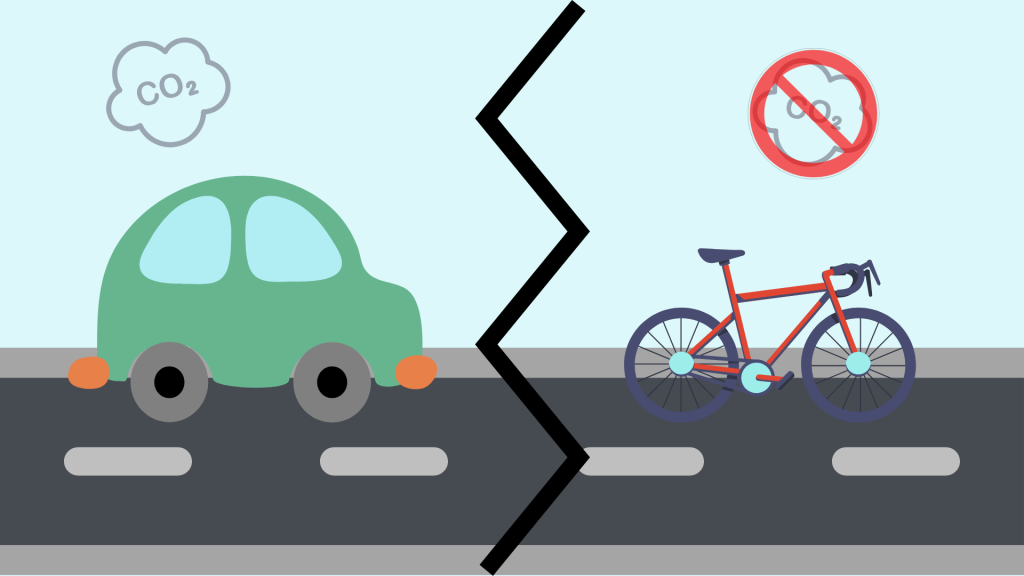
To speak candidly, the future is bleak. The World Health Organization declared that climate change is one of the “greatest health threats for humanity.” The Bulletin of Atomic Scientists, which accounts for climate change in their calculations, announced that the doomsday clock is set at “90 seconds till midnight” due to increasing emissions despite their warnings. Regardless of the many global climate conferences, U.N. resolutions, and empty-handed promises by governments to cut emissions, global CO2 emissions are still at an historic high, with global per-capita emissions at 4.7 tons. When the first United Nations Framework Convention on Climate Change met in 1992, when the world’s government swore to cut down on CO2, per capita emissions were at 4.1 tons. Things have only gotten worse.
Change must happen. Every movement begins with an individual choice. We can take control of our collective futures and move forward, and if it means that the world’s governments are to be the ones to follow us, then so be it. However, this collective us, in its collective nature, is fraught with nuance and inequalities. It is so easy to say, “we need to do this to save the world,” without even considering who “we” is. People say, “drive less,” but what if I don’t have any other means? They also say, “walk to work,” but what if my neighborhood does not have sidewalks? There is an inequality in our initiatives to promote individual climate action that must be addressed if we wish to reverse the climate trend.
This is the goal of Rylee Sylvia (‘23), the newly appointed sustainability coordinator of Rollins College, who has made it a particular focus of hers to bridge the environmental gap. “We don’t think about the people who are doing some of those unsustainable practices because it’s their only choice,” said Sylvia. She sees equal access to transportation as a key part in increasing equality within sustainability, pitching the Rollins bike program as an example of how we can reduce transportation inequality and reduce our emissions.
“Driving in Orlando is really expensive. The bike program is not just for people who have the privilege of having a car and choosing not to use it, but it’s also making sure that people who don’t have that privilege have some form of reliable transportation,” said Sylvia.
Ensuring access to reliable transportation is critical to the wellbeing of any community, but ensuring access to clean transportation is often overlooked with 54% of Americans not within range of a public transit network. Having a reliable municipal transit system is a terrifically easy way for local governments to reduce their emissions footprint. According to a study by the US Department of Transportation, the average commuter rail at quarter capacity emits 0.3 pounds of CO2 per passenger, as opposed to an average automobile which emits 0.8 pounds of CO2 per passenger.
This sort of municipality level decision making is recognized by Sylvia in their efforts to improve sustainability in greater Orlando. “We do have a member of Rollins campus that sits on the Winter Park board. It’s called Keep Winter Park Beautiful. The goal is to keep it: keep the green spaces beautiful, keep the people happy, and keep it working in a sustainable way,” said Sylvia.
The power to save ourselves lies in ourselves. We have waited for federal and global organizations to act, and they have failed us. We can take matters into our own hands though municipal, institutional, and individual action to right the wrongs of those above us.
The opinions on this page do not necessarily reflect those of The Sandspur or Rollins College. Have any additional tips or opinions? Send us your response. We want to hear your voice.

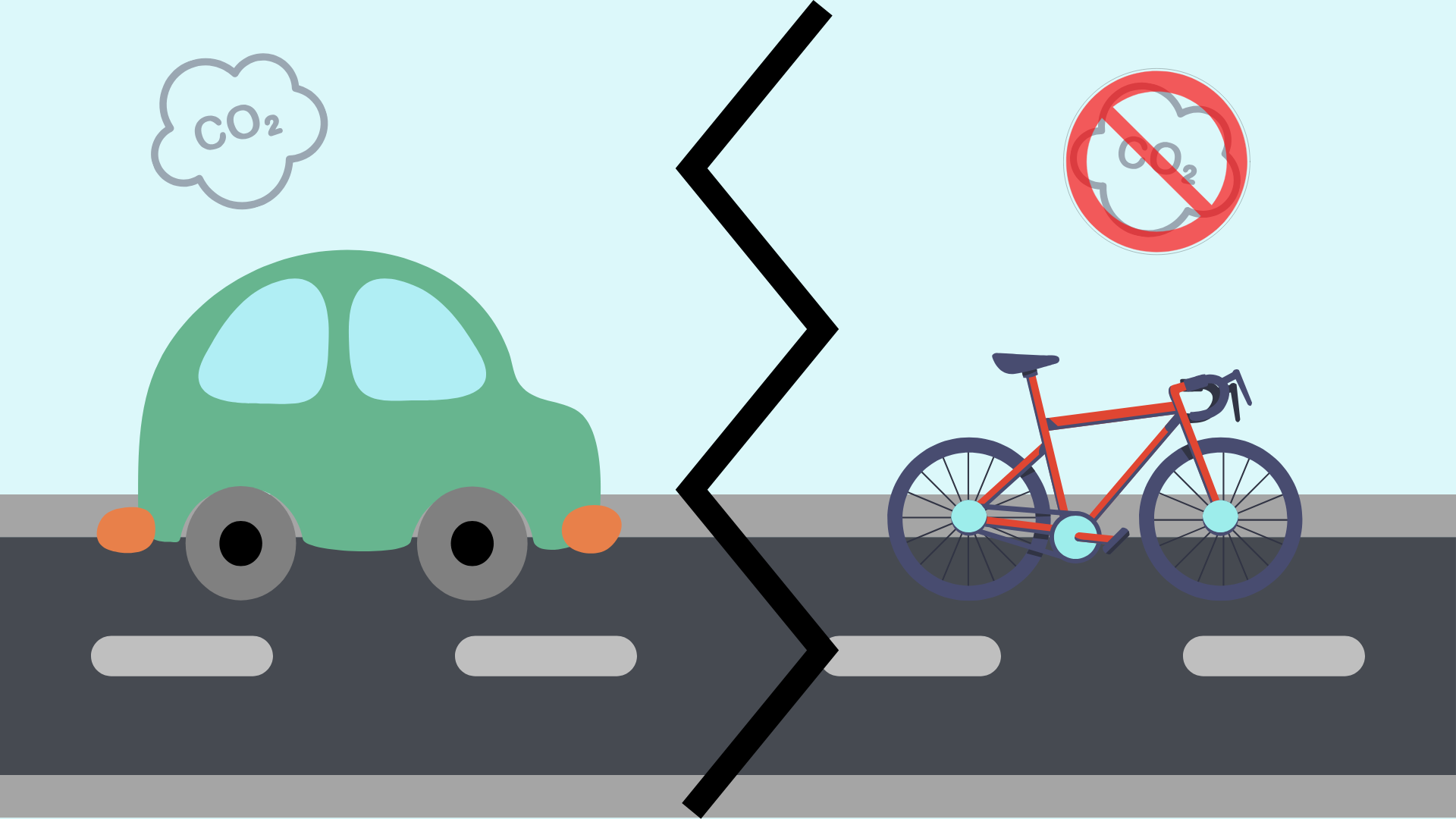

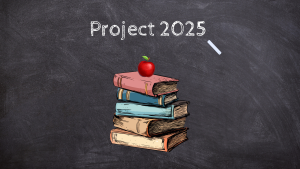

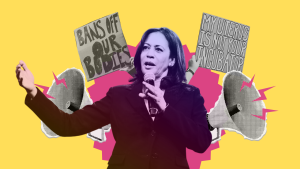
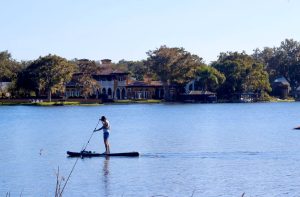
Comments are closed.